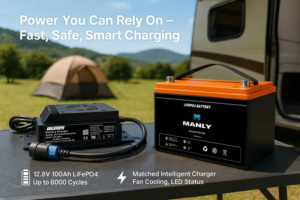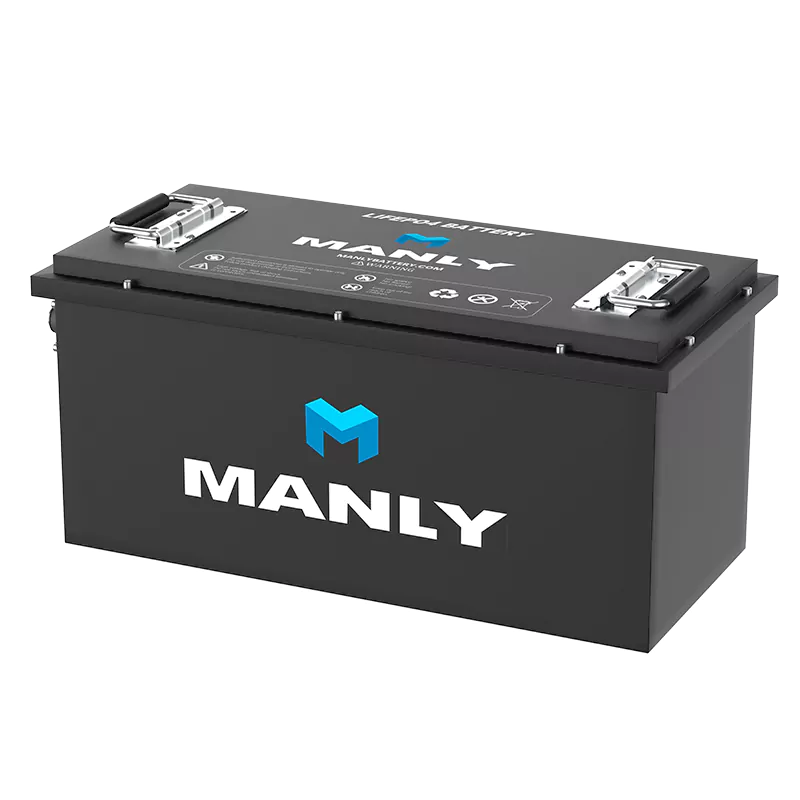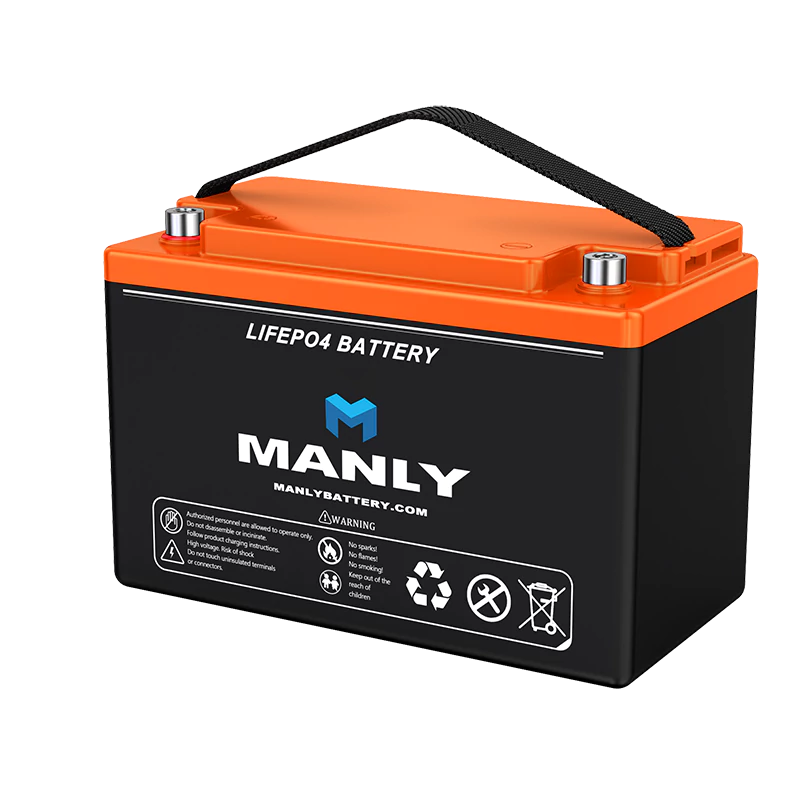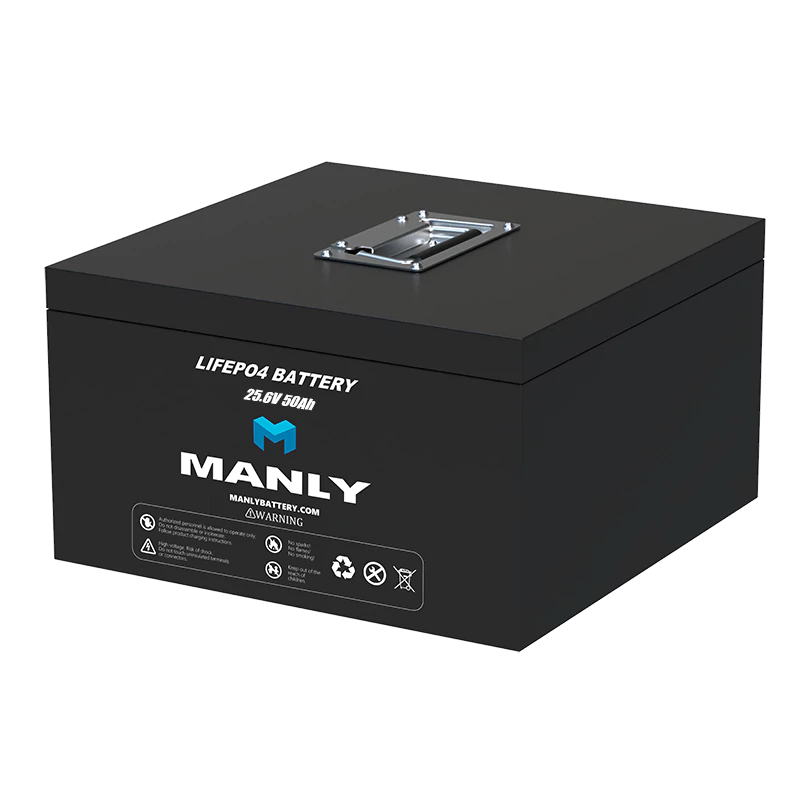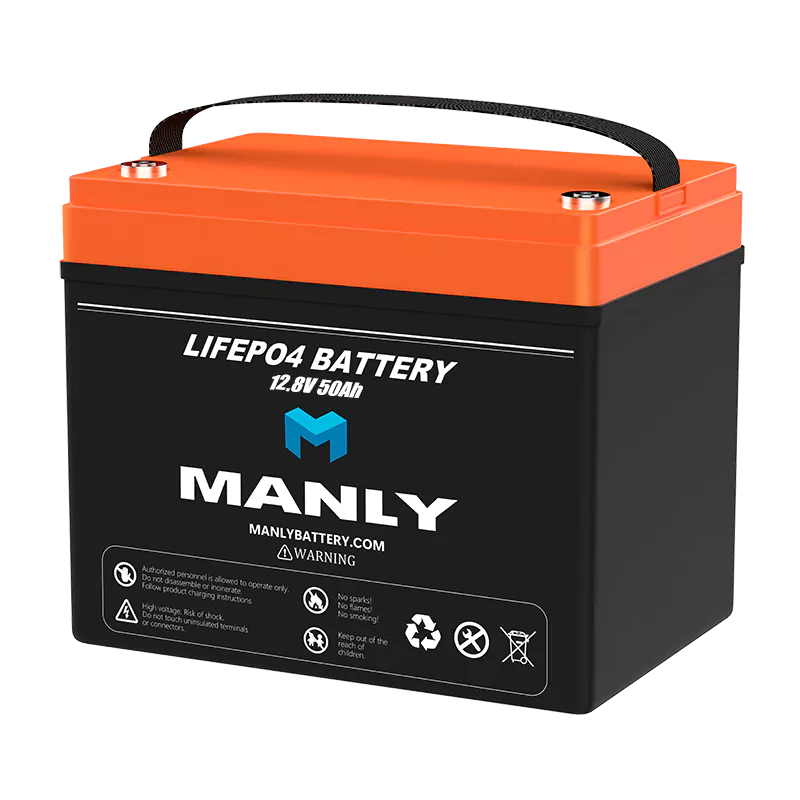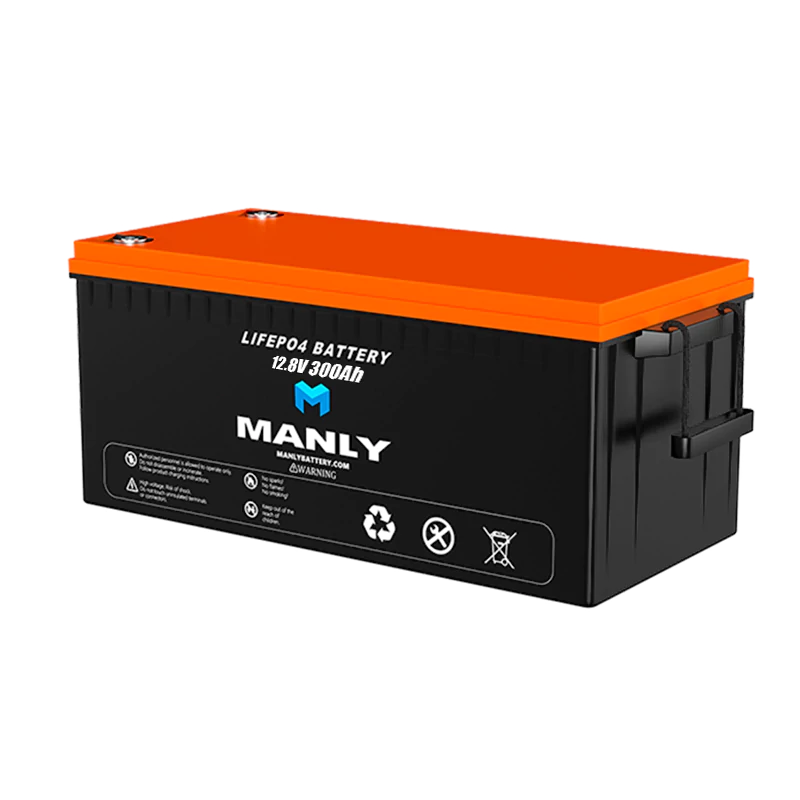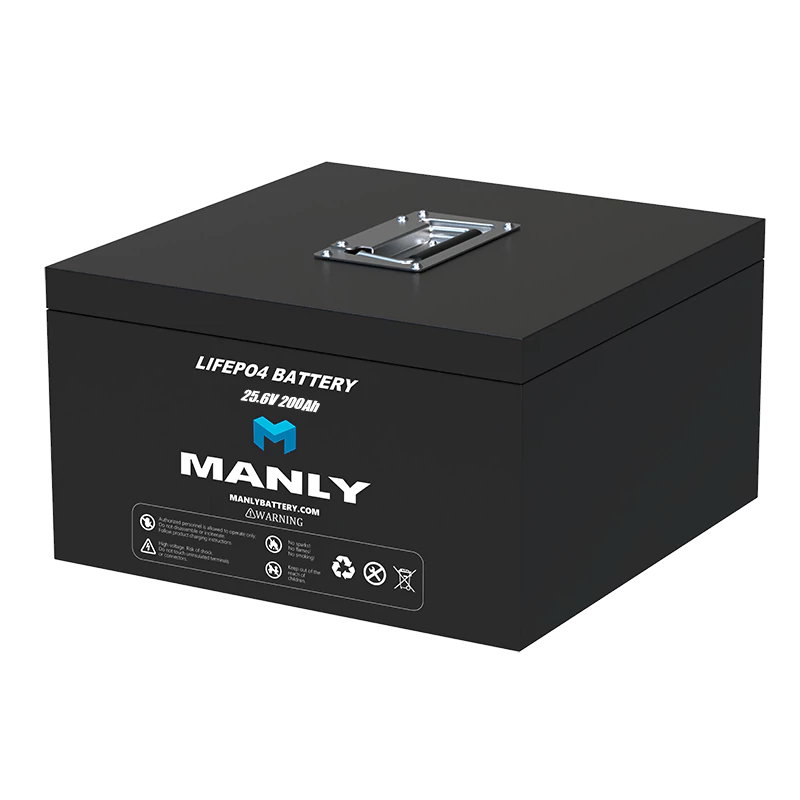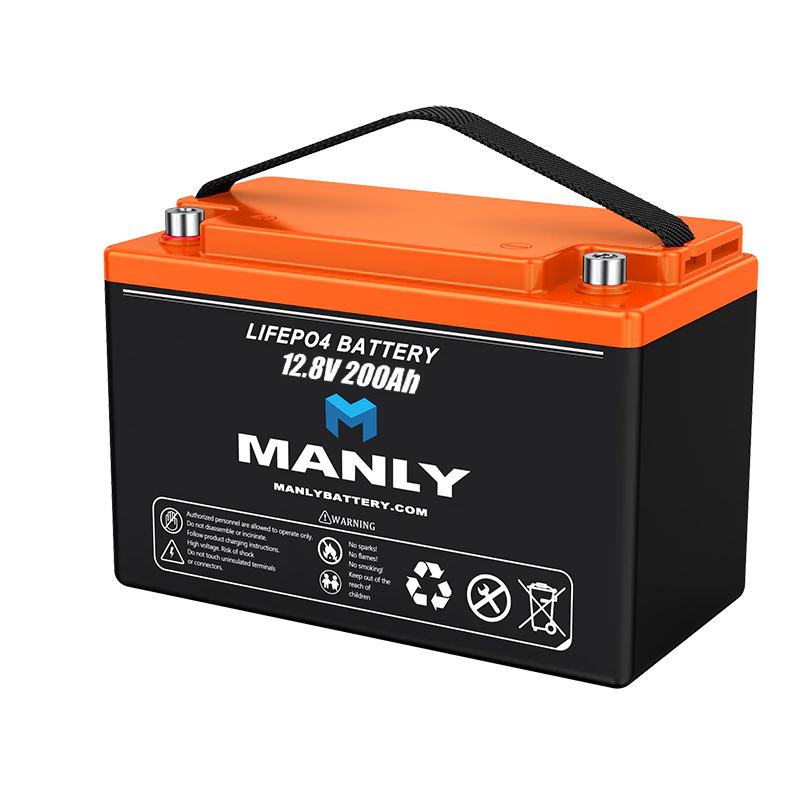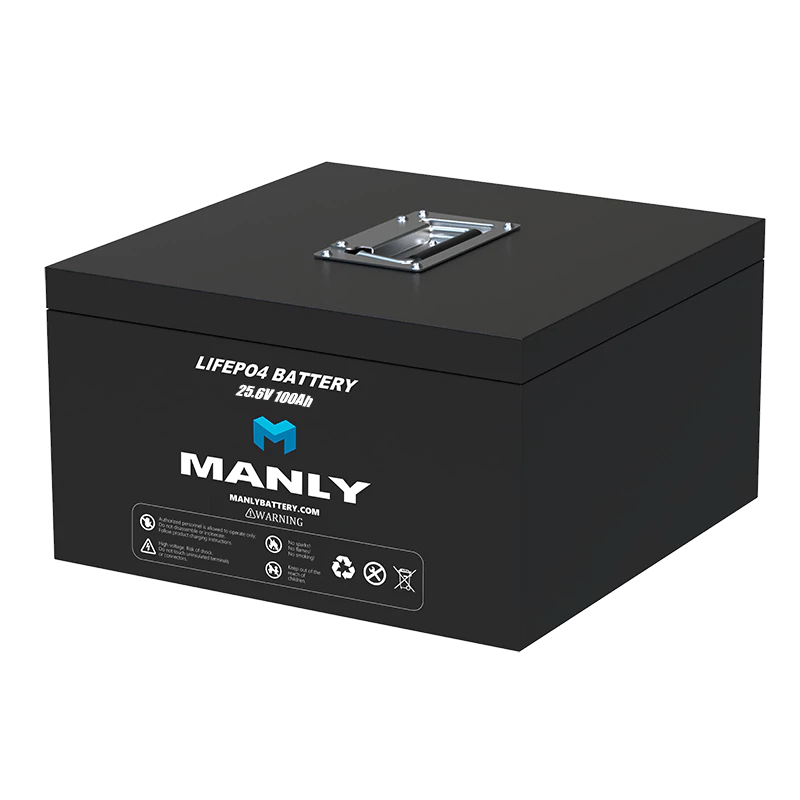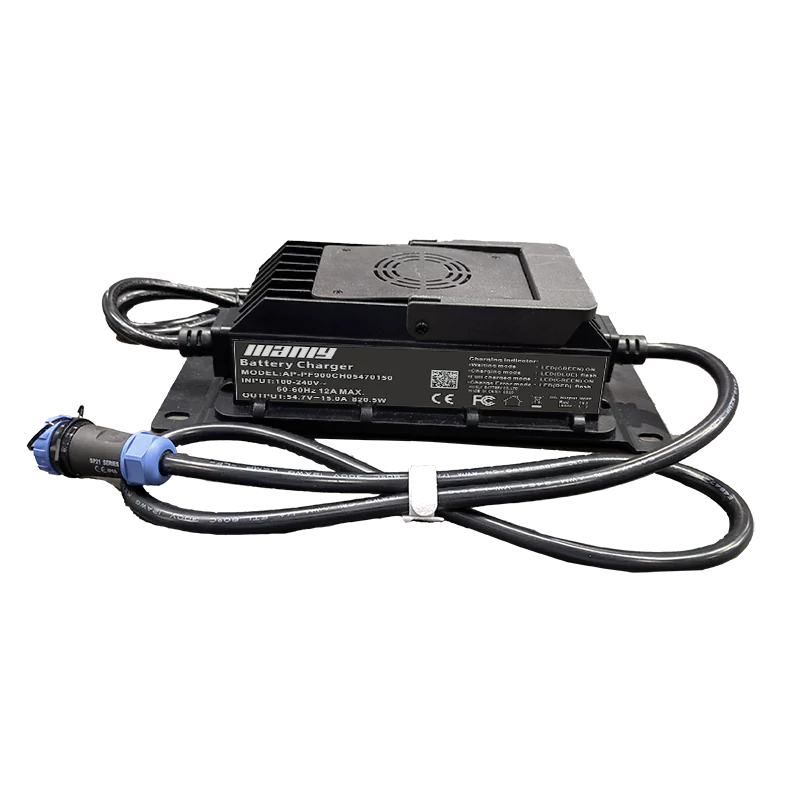Golf Cart vs Marine Battery: Can You Swap Them?
Table of Contents
- Golf Cart vs Marine Battery: Can You Swap Them?

Golf cart vs Marine Battery: Performance and Risks Explained
When considering marine batteries for use in golf carts, it's crucial to understand both the technical possibilities and the practical limitations. While both battery types are designed for deep-cycle duties, they are optimized for different operational demands.Technical Similarities
Both marine batteries and golf cart batteries are designed for deep-cycle applications, meaning they are capable of being discharged and recharged repeatedly. This capability is essential for their respective functions—powering marine vehicles and electric golf carts. However, this similarity does not imply that they are interchangeable without consequences.Performance Limitations
Run Time and Replacement
Marine batteries in golf carts typically exhibit shorter run times compared to batteries specifically designed for golf carts. This is because marine batteries are often dual-purpose, balancing the need for immediate power (for starting engines) with the ability to endure long, slow discharges. This dual-role compromises their effectiveness in a golf cart, where steady power over extended periods is paramount.Additionally, the replacement cycle for marine batteries used in golf carts tends to be more frequent. The typical wear and tear in a marine environment are different from that of a golf course, which can lead to quicker degradation when used out of context.Risk of Damage
Using a marine battery in a golf cart also poses risks to sensitive components. The fluctuating power output, which is acceptable in marine applications, can strain the electrical systems of a golf cart, potentially leading to component failures.Optimal Choice
Unless no other options are available, it is always advisable to use a deep cycle golf cart battery specifically designed for the purpose. These batteries are tailored to deliver consistent performance and longevity in golf carts, avoiding the issues associated with repurposing marine batteries.Deep Cycle vs. Dual Purpose Batteries in Golf Carts
Battery Types
Golf carts require reliable and sustainable power, making the type of battery used crucial. In the realm of marine batteries, there are primarily two types suited for different needs: deep cycle batteries and dual purpose batteries.Deep Cycle Batteries
Deep cycle batteries are designed for applications that demand a consistent and long-term power supply. These batteries excel in situations where energy is drawn over extended periods. The internal makeup of a deep cycle battery features thicker and sturdier plates that allow for more discharge and recharge cycles without significant wear. This makes them ideal for powering heavy-duty applications on golf carts, such as long drives across golf courses.The main advantage of choosing a deep cycle battery for a golf cart is its ability to undergo frequent deep discharges. This type is perfect if the cart is used extensively and requires a dependable energy source throughout.Dual Purpose Batteries
Conversely, dual purpose batteries offer the flexibility of serving both starting and deep cycle functions. These batteries are suitable for environments where space and weight are at a premium, such as on smaller boats. In golf carts, a dual purpose battery can function adequately but may not match the endurance and cycle depth of a dedicated deep cycle battery.The primary benefit of dual purpose batteries is their versatility. They eliminate the need for two separate batteries by combining the functions of starting batteries and deep cycle batteries. However, they generally do not handle as many discharge and recharge cycles as deep cycle batteries, making them less ideal for intensive golf cart use.Golf cart vs Marine Battery: Voltage and Capacity
Voltage Specifications
Understanding the voltage requirements is essential when comparing marine batteries and golf cart batteries. Marine setups typically use batteries with 12v or 24v, and sometimes 36v. These voltages are versatile enough to support smaller boats as well as larger vessels with different electrical needs.In contrast, golf carts primarily operate on higher voltage systems, mainly 36v or 48v. This difference in voltage systems affects the configuration and number of batteries required:- A 36v system in golf carts usually consists of six 6 volt golf cart batteries.
- A 48v system might use six 8 volt batteries or eight 6 volt batteries.
Capacity Needs
The Ampere-Hour (Ah) rating, which indicates the battery's capacity, varies significantly between these two types:- Marine batteries often have dual roles, providing enough amperage (typically around 80 amps) to start engines and maintain power over extended periods. This is lower than the amperage required by starter batteries but is sustained for a longer duration.
- In golf carts, the distance expected to travel on a single charge directly influences the Ah requirements:
- For a 36v system, each 6 volt battery ideally offers about 200-225Ah.
- For a 48v system, each 6 volt battery should have around 150-180Ah, or each 8 volt battery approximately 170-190Ah.
Practical Implications
This variance in voltage and capacity highlights the specialized nature of batteries within their respective uses. Marine batteries are optimized for a mix of starting power and longevity, crucial for marine applications where space is limited and multiple functionalities are necessary from a single battery.However, golf cart batteries are optimized for longer durations of consistent power, necessary for covering the distances typically encountered on golf courses. Using a marine battery in a golf cart could lead to underperformance, especially if the voltage and capacity do not meet the cart’s operational requirements.Golf cart vs Marine Battery: Space and Configuration
Size and Weight Considerations
When comparing marine batteries to golf cart batteries, one of the key differences lies in their physical dimensions and weight. Golf cart batteries are designed to be more compact and lightweight, optimizing the space within the cart and improving its overall efficiency. This design is crucial for maintaining the balance and maneuverability of the golf cart, especially on varied terrain found on golf courses.In contrast, marine batteries might be larger and heavier, as they are built to handle the rigorous conditions of marine environments. This can pose a challenge if one considers using marine batteries in golf carts, as modifications to the battery compartment might be necessary to accommodate the larger size.Configuration Needs
Another significant consideration is the configuration of the batteries. Marine batteries often have lower voltage and ampere-hour (Ah) ratings compared to golf cart batteries. To meet the power requirements of a golf cart, multiple marine batteries may need to be connected in series or parallel. This setup can increase the complexity of the battery system:- Series connection increases the voltage to match the golf cart’s requirements.
- Parallel connection increases the capacity (Ah), ensuring longer usage periods.
Installation and Safety
Correct installation of batteries is critical to avoid electrical problems. For golf carts, using batteries that do not fit properly or meet the electrical demands can lead to inefficient performance and increased wear and tear. Ensuring that marine batteries are installed correctly in a golf cart, if chosen to be used, requires professional assistance to adapt the physical setup and electrical connections safely.Choosing the Right Golf Cart Battery
For golf cart owners looking to enhance their vehicle's performance, choosing the right battery type is crucial. While traditional lead-acid batteries have been the standard, the shift towards lithium batteries offers substantial benefits. Lithium ion golf cart battery provide a longer lifespan, lighter weight, and faster charging capabilities compared to their lead-acid counterparts.Benefits of Lithium Batteries
Extended Battery LifeOne of the most significant advantages of lithium batteries is their extended lifespan. Lithium batteries can handle over 2,000 charging cycles, which is about ten times more than the typical 300 to 500 cycles offered by lead-acid batteries. This longevity not only means less frequent replacements but also long-term cost savings and reduced maintenance.Lightweight DesignThe lightweight nature of lithium batteries dramatically enhances the performance and maneuverability of golf carts. Weighing about half as much as lead-acid batteries, lithium options reduce the overall weight of the cart. This reduction allows for higher speed and better handling, especially on challenging terrains.Quick ChargingAnother critical advantage is the ability to charge quickly. Lithium batteries can be recharged much faster than lead-acid batteries, minimizing downtime and allowing golfers to return to the course sooner. This feature is particularly beneficial in commercial settings where carts need to be ready and available throughout the day.Consistent PerformanceLithium batteries deliver consistent power output throughout their charge cycle, unlike lead-acid batteries, which can experience a drop in voltage as they discharge. This consistency ensures smooth and reliable cart operation, allowing for an uninterrupted golfing experience.Environmental ImpactLithium batteries are also more environmentally friendly than lead-acid batteries. They do not contain hazardous materials, making them safer to handle and dispose of, and they offer higher energy efficiency, which reduces the overall energy consumption.Spotlight on MANLY Battery
As a leader in the field, MANLY Battery specializes in producing high-quality lithium batteries for golf carts. With over a decade of experience, MANLY Battery has established itself as a trusted name in battery manufacturing. Their lithium batteries are designed to meet the specific needs of golf carts, offering enhancements in speed, weight capacity, and operational efficiency.MANLY Battery's products are built to perform under pressure, maintaining optimal functionality in various temperatures and conditions. Each battery comes with a decade-long warranty, underscoring the company's commitment to quality and customer satisfaction.Conclusion
In wrapping up the "golf cart vs marine battery" discussion, it's clear that the choice between these batteries centers on understanding their distinct capacities, sizes, and intended uses. Marine batteries, though robust for marine environments, often fail to meet the specific energy needs and configuration requirements of golf carts, which require a consistent, long-term power supply. This analysis underlines the importance of opting for batteries specifically tailored for golf carts, such as dedicated deep cycle or advanced lithium batteries, to ensure optimal performance, durability, and a better golfing experience.FAQ:
1. Can you use marine batteries in golf cart?
A: Using marine batteries in golf carts is technically possible, but not advisable. Marine batteries are designed for dual purposes—starting engines and deep-cycle uses, which does not align well with the consistent energy demands of golf carts. They typically provide shorter run times and require more frequent replacement when used in golf carts due to their design for intermittent bursts of power rather than sustained output. Moreover, the difference in design can lead to potential risks for golf carts, such as damage to sensitive components due to fluctuating power outputs. Therefore, it's best to use batteries specifically designed for golf carts to ensure optimal performance and longevity.2. Do you have to use golf cart batteries in a golf cart?
A: While it is technically possible to use golf cart batteries specifically designed for the task, it is not necessary to use only these types. However, for optimal performance and longevity, it's recommended to use deep cycle batteries that meet the specific demands of golf carts. These batteries are engineered to provide consistent power and withstand frequent discharges, which are typical in golf cart usage. Other types of batteries, like some marine batteries, may not offer the same level of performance and could lead to issues such as shorter run times and potential damage to the golf cart’s electrical system.


